
Instagram, no, Itsdagram arrives on Windows Phone 8
I am not a die-hard Instagrammer, but every once in a while I feel a sudden need to upload a filtered view of the world on the popular photo-sharing social network. That's easy to do with Android handsets and iPhones, but in the Windows Phone realm things are not that simple as there is no official app waiting in the Store. That's not to say there is low demand for one, far from it.
Admittedly, Windows Phone is a smaller market for Instagram than Android and iOS but even so there are likely tens of millions of potential users waiting to grab that official app which never seems to come. Developer Daniel Gary, who is behind a third-party Pinterest app (no official offering available for this one either) called Pinsation, decided to cater to the Windows Phone users' needs for a fully-featured Instagram app and, yesterday, released Itsdagram. The names are quite similar indeed.

Dell reports 79 percent drop in profits as PC sales fall
Computer giant Dell has seen its net profits fall by 79 percent to $130 million in the first quarter of this fiscal year. This highlights the shift in consumer demand away from traditional PCs towards tablets. The company reports a decline of 9 percent in PC sales although revenue from software, services and new technologies was up by 12 percent.
Commenting on the results chief financial officer Brian Gladden says, "We made progress in building our enterprise solutions capabilities in the first quarter and are confident in our strategy to be the leading provider of end-to-end scalable solutions. In addition, we have taken actions to improve our competitive position in key areas of the business, especially in end-user computing, and it has affected profitability".
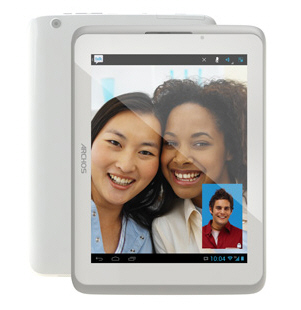
Archos announces the 8-inch Xenon 80 Android tablet, costs $199.99
Yesterday, French consumer electronics company Archos unveiled a new 8-inch Android tablet called Xenon 80. The fondleslab runs the first Jelly Bean iteration and will cost $199.99 -- which is in line with Google's Nexus 7 pricing -- once it arrives in stores next month.
The Xenon 80 features support for 3G cellular connectivity and is SIM-unlocked, meaning that it can be used with any mobile operator in the world (as long as the network runs on the 2100 MHz band). The hardware specifications reflect the budget-oriented approach of the tablet.
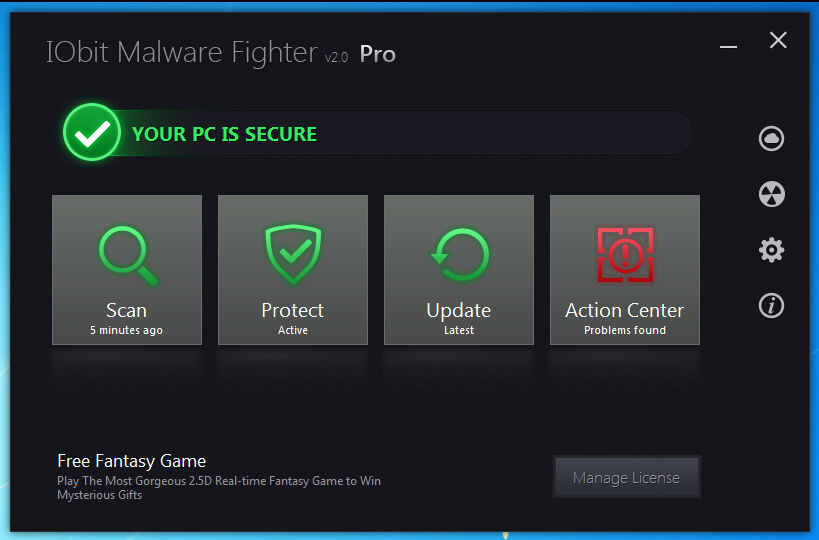
IObit releases Malware Fighter 2
IObit has announced the public availability of IObit Malware Fighter 2.0, the next generation of its popular anti-malware tool.
The most obvious change this time is the move to a Windows 8-style interface: large tiles, stark black background, and everything happening in a single window, rather than separate dialogs. It looks good, and is easy to use.

Evernote and Twitter announce Google Glass apps
With Google I/O in full swing, and Glass a hot topic of discussion these days, two companies have revealed plans to release apps for Google's new wearable computing system. Social network Twitter and note-taking giant Evernote are both on board with the intriguing futuristic gadget.
Evernote's Andrew Sinkov announces that the company is "excited to unveil a first look at the Evernote experience on Glass". Sinkove goes on to explain "our current implementation focuses on two actions. First, you’ll be able to quickly capture a photo or short video and send it to your Evernote account from the Google Glass sharing menu. Second, you can choose a note from Evernote Web and send it directly into the Glass Timeline so that you have it available right in your field of view when you need it".

iTunes 11.0.3 offers faster performance and improved MiniPlayer views
Loved and loathed in just about equal measure, iTunes is installed on a huge number of computers around the world. It has been a while since the last update, but now iTunes 11.0.3 has been unveiled and there are a few important changes that make it worthy of installing, including new MiniPlayer views.
In the initial update to iTunes 11, many users were disappointed to find that the progress bar has vanished from the MiniPlayer. In the most recent update, this has been reinstated and it is also possible to have album art displayed while playback controls are hidden.

Leaked Microsoft 'Scroogled' video may be the best yet
We don't often cover leaks here at BetaNews -- we want confirmation on things. So, when I saw a Microsoft Scroogled video making the rounds I was initially skeptical, though it looked authentic enough. It turns out the video is real and a Microsoft spokesperson I contacted, while refusing to issue a statement, did acknowledge as much.
"It was an internal video that was leaked" I was told, but further comment was refused. I am not sure why because while I found the last two releases of Scroogled videos to be ridiculous -- simply jokes depicting Office beating up on Google Docs and giving consumers no reason why to choose Office 365 over the Google Solution.
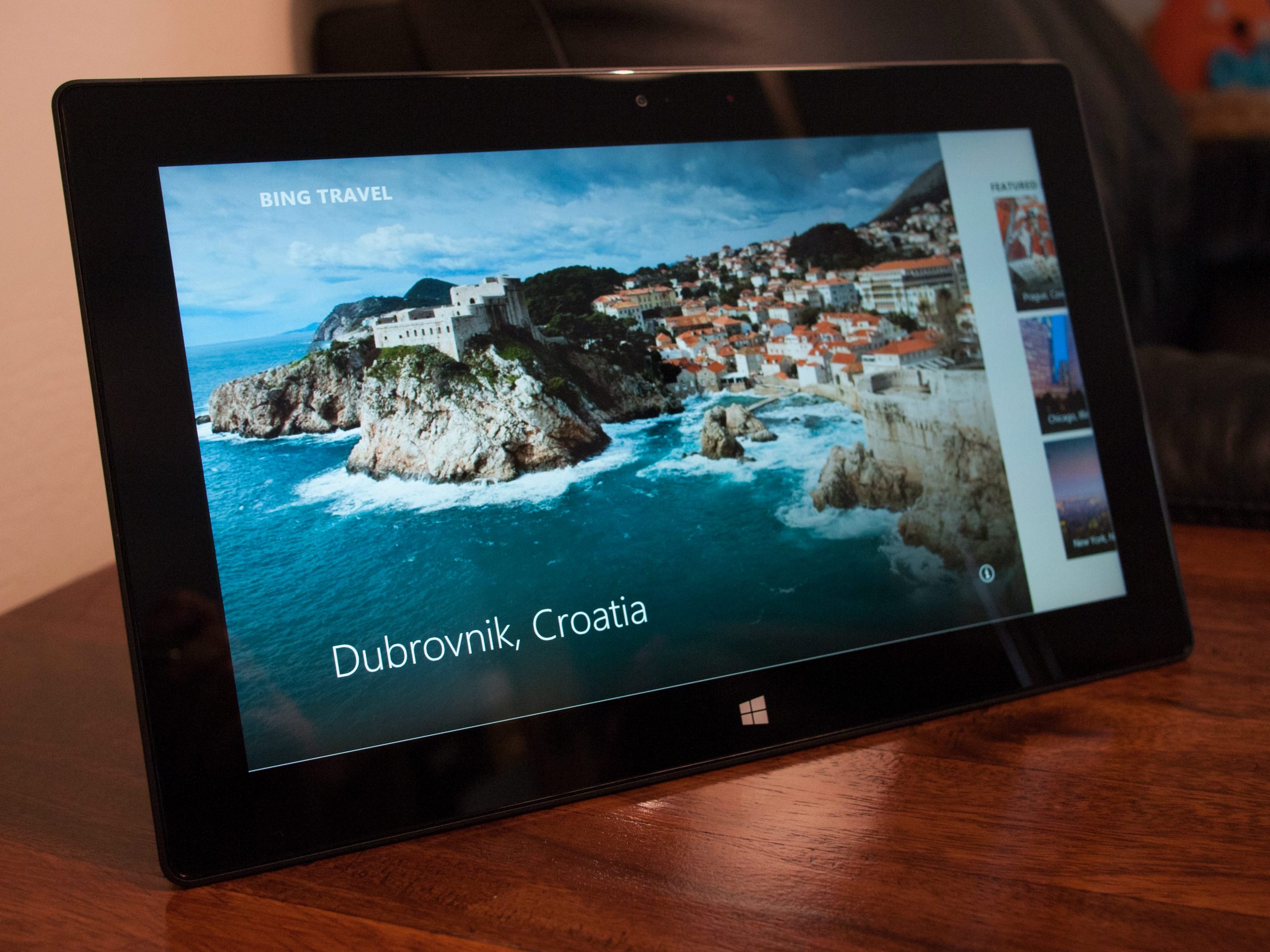
Microsoft announces dates for European Surface Pro launches
We already knew that Surface Pro was coming to Europe, but what we didn't know was exactly when. The company today announces the dates for availability, and the rollout begins in France on May 17, continuing to the United Kingdom on May 23. It wraps up with a broad May 30 release in Austria, Belgium, Denmark, Finland, Ireland, Italy, Luxembourg, the Netherlands, Norway, Portugal, Spain, Sweden, and Switzerland, and one more big day in Germany on May 31.
There's more to come, but Brian Hall, General Manager of the Microsoft Surface team concedes that "some markets are still confirming timing so aren’t included here".

Telefónica provides Microsoft with 130,000 new Office 365 users
While Microsoft continues to attack Google using its "Scroogled" campaign, the company also adds to its corporate user base at a steady, and perhaps increasing, rate. Ironically, less than a week after taking on Google Docs with not one, but two videos, Microsoft adds another major corporation to its Office 365 subscriber list, this time in the form of Telefónica, a major provider of integrated communication solutions.
Telefónica will add 130,000 employees to the Microsoft cloud solution, not only using Office 365, but also Yammer. "Over the past 18 months, we have built very strong foundations and are now ready to move to the cloud," said Adrian Steel, the European production hub lead and global director at Telefónica. Steel goes on to explain "Deploying Office 365 and Yammer is this next step in bringing our global workforce to the forefront of seamless communication and collaboration while still operating at the level of speed and execution we’re known for".

TweetBackup shuts up shop, recommends Norton Ditto as replacement
If you were thinking of signing up for a TweetBackup account to create an archive of your Twitter account, it is now too late. Having been bought by Backupify around two and a half years ago, the project has been sidelined, and no new registrations are being accepted. So where does this leave anyone who has come to rely on the service?
Although there are no new sign-ups, TweetBackup is not just going to vanish in a puff of smoke. Existing users will be able to log into their accounts until June 28 2013 but after this time it will no longer be possible to access your backup -- so be sure to download your data before this date.
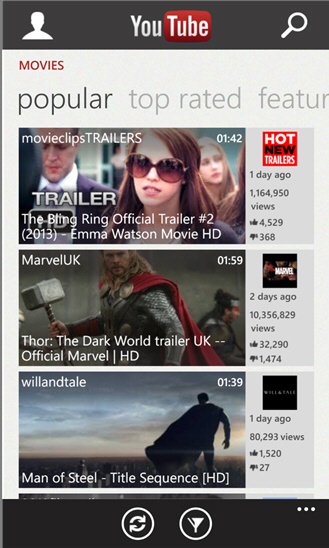
Microsoft: Blame Google for lack of ads in the Windows Phone 8 YouTube app
Little over a week ago, Microsoft released a native YouTube app for Windows Phone 8 which replaces the old iteration that displayed a mobile view of the popular video sharing website. The app, however, doesn't show ads, which generate major revenue for parent company Google.
As a result, the search giant is not overly keen about the implementation and sent Microsoft a letter demanding it to remove the YouTube app for Windows Phone 8. The complaints focus on the ability to download content, the lack of ads and the removal of playback restrictions on "certain platforms". I reached out to Microsoft for a comment on Google's claims and here's the software giant's response:

Firefox 22 Beta improves display scaling in Windows, strengthens privacy
Hot on the heels of the release of Firefox 21 FINAL, Mozilla has released Firefox 22.0 Beta 1, giving adventurous users a glimpse into possible new features and improvements that may land in the next stable release just six weeks from now. Version 21 includes a number of minor new features and improvements, including better protection against unauthorized third-party cookies.
There are also platform-specific improvements for both Windows and Mac builds, plus the usual round of tweaks and performance enhancements to round off the update.

Google makes it easier to send money through Gmail
Think about how to send money electronically and it’s probably PayPal that springs to mind first. But if Google gets its way, Google Wallet is about to become much more popular. For anyone in the US, Google Wallet is now integrated into Gmail meaning that it is possible to send money as easily as sending an email.
Sending money works in much the same way as attaching a file to a message -- you can attach payment to an email just as you would an image or other file. You may not see it just yet -- Google plans to roll the feature out over the next few months -- but once activated you’ll see a $ button at the bottom of the Compose window. It’s clear that Google is making electronic payments as simple as possible to help the company take a bigger share of the electronic payment pie.
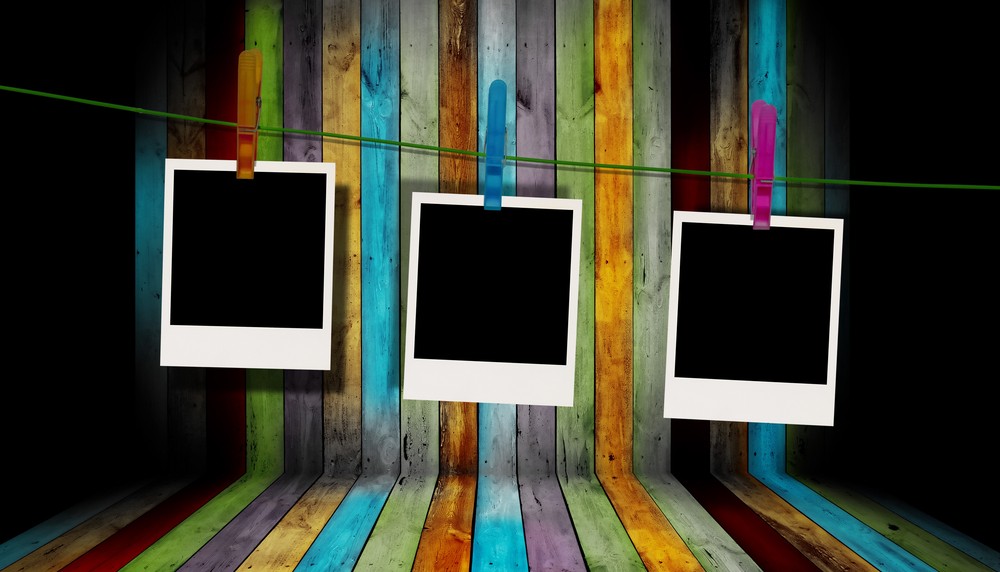
Extract JPEGs from almost any file with deJPEG
If you’re viewing a PDF and find an image you’d like to reuse, then extracting it is usually easy enough: just right-click the picture, select Copy, and it’ll be sent to the clipboard, ready for pasting wherever you need.
This approach isn’t exactly convenient if you want to extract a large number of images, though. And it may not work with some PDF files, or other file and document types. In situations like these, what you really need is a more automated approach, a program which can extract the JPEGs from almost anything – and that’s exactly what deJPEG claims to do.

Pass the champagne! Windows Phone pips BlackBerry to third place
Change the rules of the game and you change the hierarchy. Two days ago research company Gartner released its latest report on the state of smartphone market which, based on sales, places Windows Phone in fourth place, just behind BlackBerry in terms of share. Today, IDC also released its latest report for Q1 2013, that measures shipments, and the two smartphone operating systems trade places -- Windows Phone now surpasses BlackBerry for the third spot in the charts.
That switch means Microsoft and Nokia have a reason to celebrate, in spite of numerous barbs coming from pundits. "Windows Phone claiming the third spot is a first and helps validate the direction taken by Microsoft and key partner Nokia", says IDC's Kevin Restivo. But the research company suggests that the operating system still has a long way to go: "Given the relatively low volume generated, the Windows Phone camp will need to show further gains to solidify its status as an alternative to Android or iOS".



